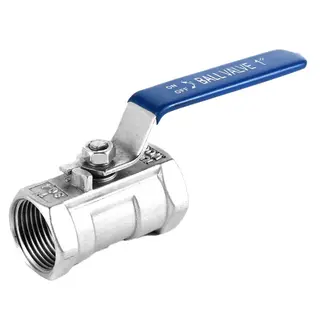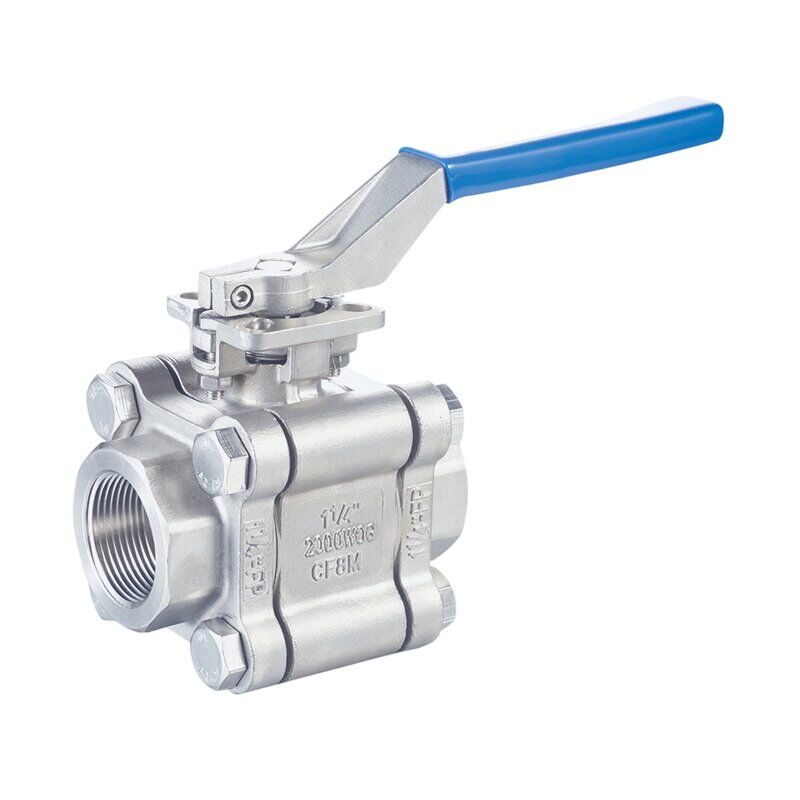
(API 624 Additional High Temperature Version)
Key Specifications / Features
This ASME B16.34-compliant ball valve features a durable three-piece design with a cast stainless steel body made from ASTM A351 CF8M. Sized at 1-1/4 inch (DN32), it offers a full port for smooth flow and is rated for high pressure up to 2000 WOG. Designed for low leakage and long-lasting performance, it comes with a convenient lever handle for easy manual operation, making it a reliable choice for high-demand industrial environments.
- Model No.: MV-20250407-LTMSBV-03
- Hits: 12
- Categories: Low Torque Metal Seated Ball Valve
- Tags: ASTM A351 CF8M Ball Valve, 3 Piece Ball Valve, ASME B16.34 Ball Valve
Detail Information
Product Name: ASME B16.34 Ball Valve, 3 Piece, High Pressure
Design Standard: ASME B16.34
Body Material: ASTM A351 CF8M
Size: 1-1/4 Inch, DN32
Pressure: 2000 WOG
End: Threaded
Operation: Lever
Key Features
Investment Casting
Anti-static Device
Blow-out Proof Stem
Locking Device Handle
Live-loading Design
ISO 5211 direct Mounting Pad
Compatible with Automation Accessories
Applications: Suitable for petroleum, chemical, natural gas, biochemical, pharmaceutical, environmental protection, and new energy industries
Product Range
Design Standard: ASME B16.34
Body Material: ASTM A216 WCB, A351 CF8, CF8M
Nominal Diameter: DN15-DN50 (Full Port)
Body Working Pressure: 2000 WOG (PN138)
Working Temperature: -20°C to 180°C
Connection Types & Standards
Threaded: ASME B1.20.1 (NPT), DIN 259 / DIN 2999, BS 21, ISO 288-1, ISO 7-1
Socket Weld: ASME B16.11 & DIN 3239 Part 2
Butt Weld: ASME B16.25 & DIN 3239 Part 1
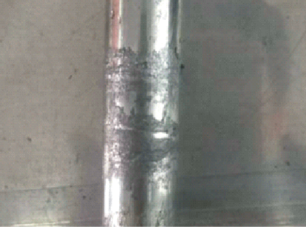
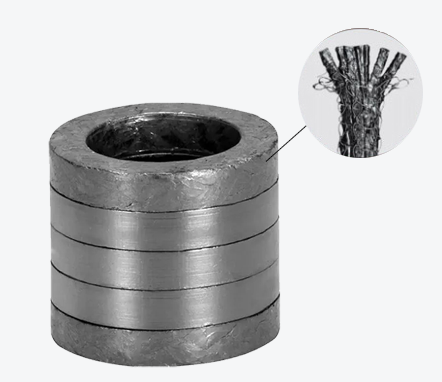
For ball valve packing rings, we exclusively use M641 specialty low-emission packing designed specifically for ball valves.
If conventional graphite packing rings are used in stock inventory, they can strongly adhere to the valve stem over time, leading to excessive operating torque and leakage issues during later use.
By adopting our low-emission packing, even after prolonged storage, the valve maintains:
-
Very low operating torque
-
Excellent sealing performance
-
No adhesion issues
API 622 TUV Experimental Data Report
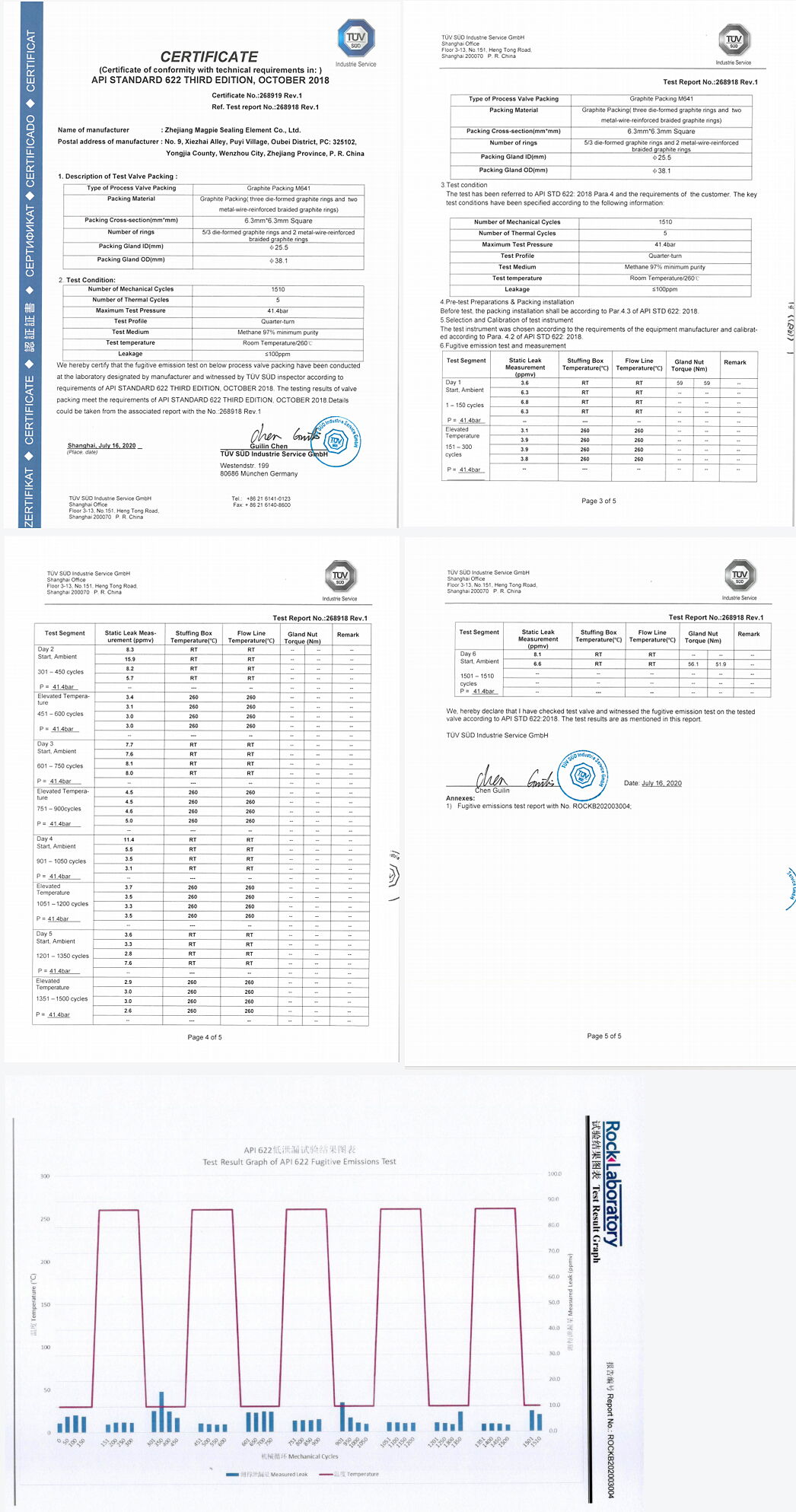
We have optimized the design of the packing structure for floating ball valves. Based on our field experience in petrochemical applications, we found that traditional designs using O-rings plus packing material may appear more reliable but actually create potential risks.
In conventional designs, the O-ring might become the primary seal while misleading users to believe the graphite packing also functions as a main seal. However, O-rings are vulnerable to chemical corrosion. Once the O-ring fails and the graphite packing is insufficient, both sealing mechanisms may fail, making it impossible to perform secondary pre-tightening on-site.
Additionally, our tests confirmed that insufficient graphite packing consistently fails fire safety tests. Therefore, we optimized the design by removing the O-ring and relying solely on packing as the primary seal. The benefits include 100% fire safety performance, 100% low leakage, and enhanced stem strength.
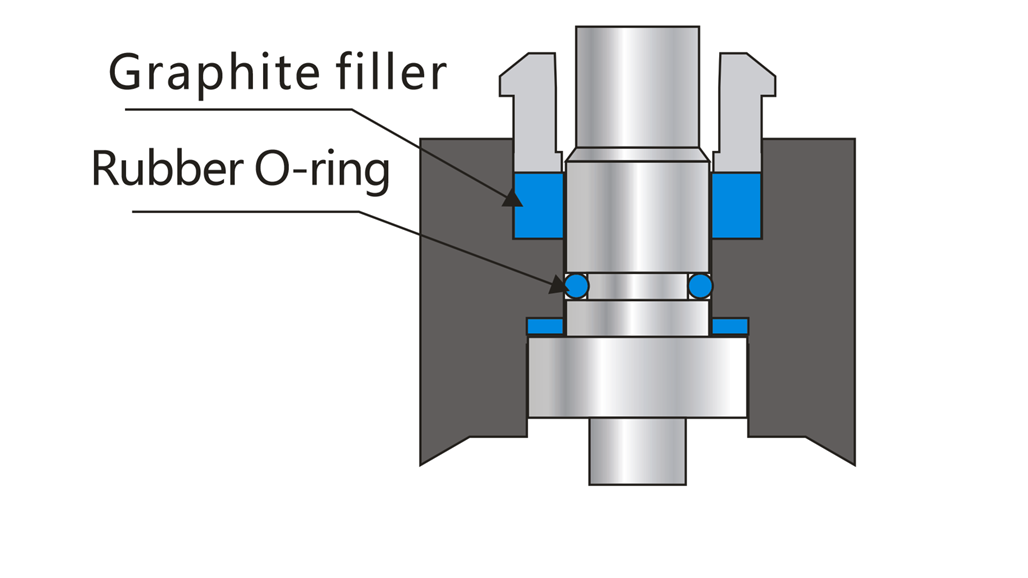
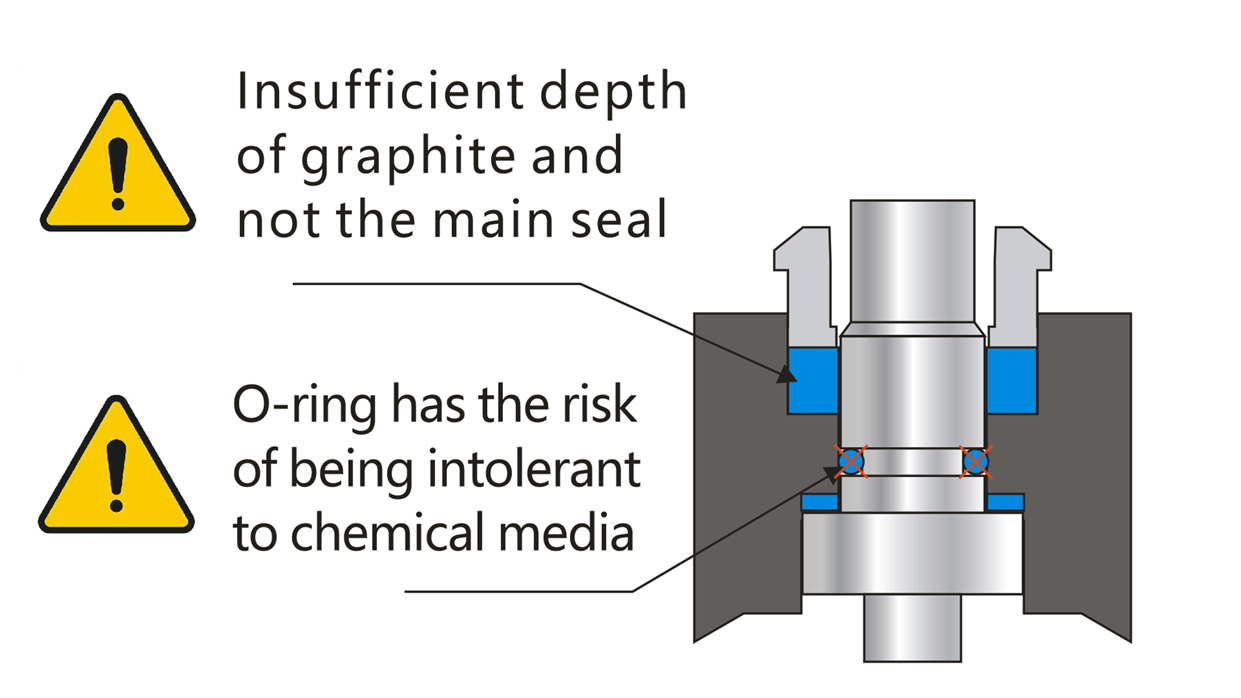
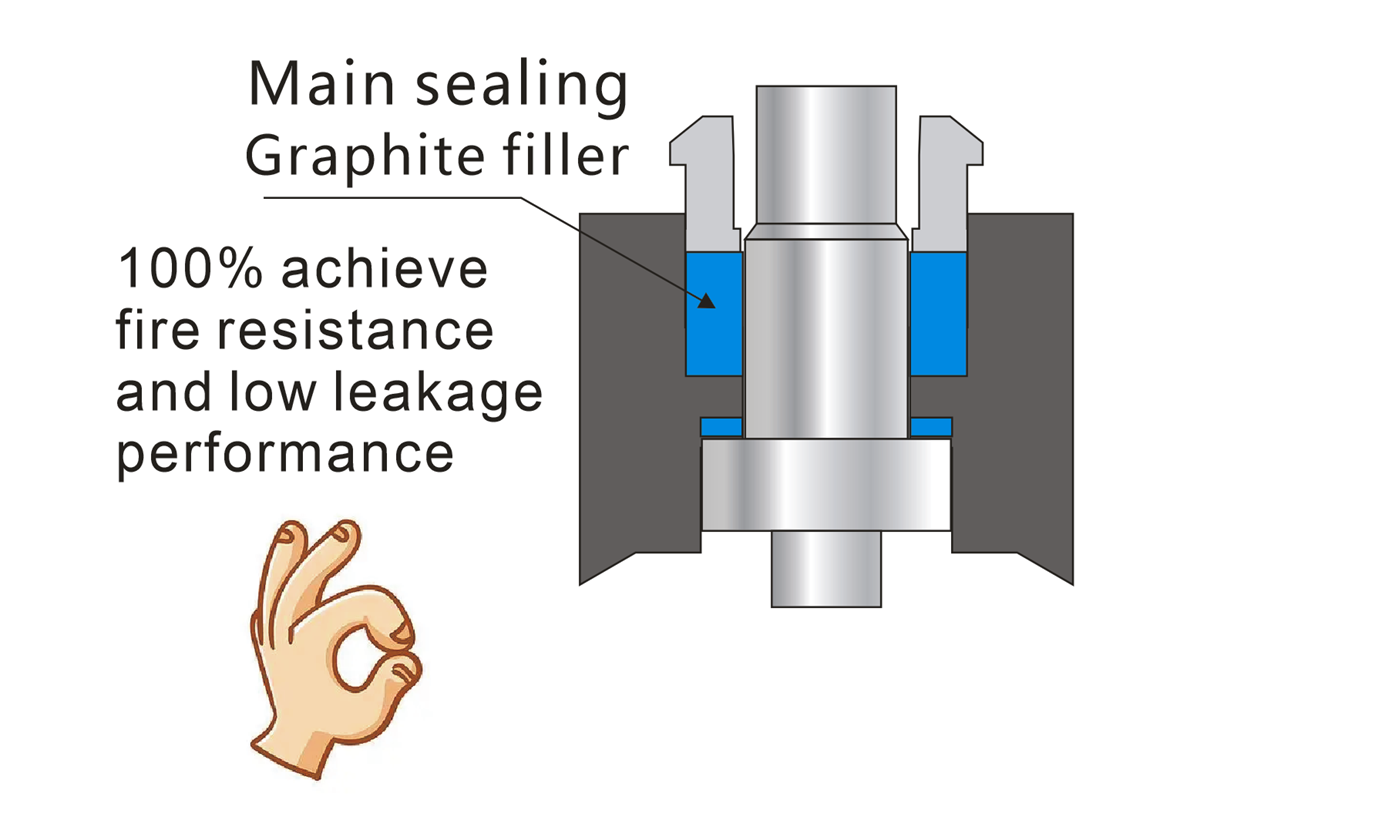
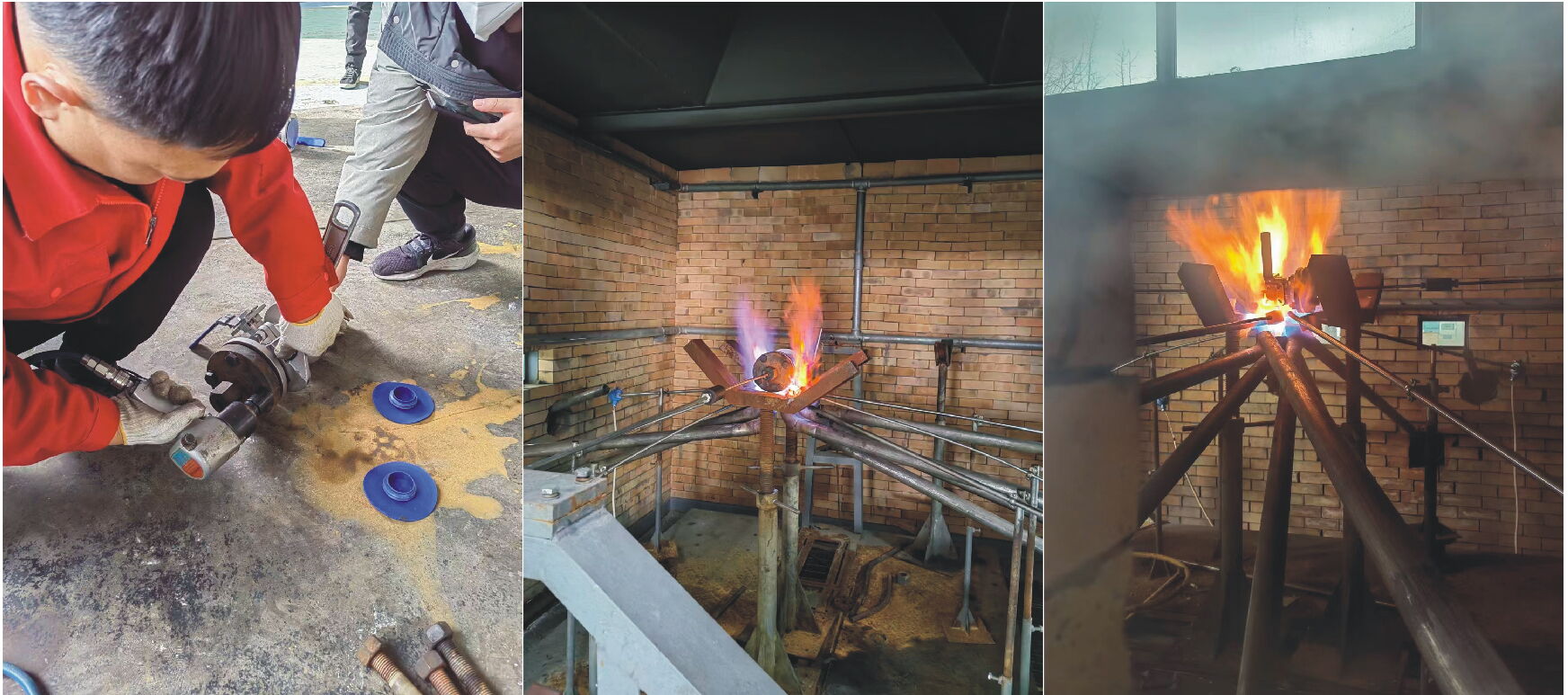
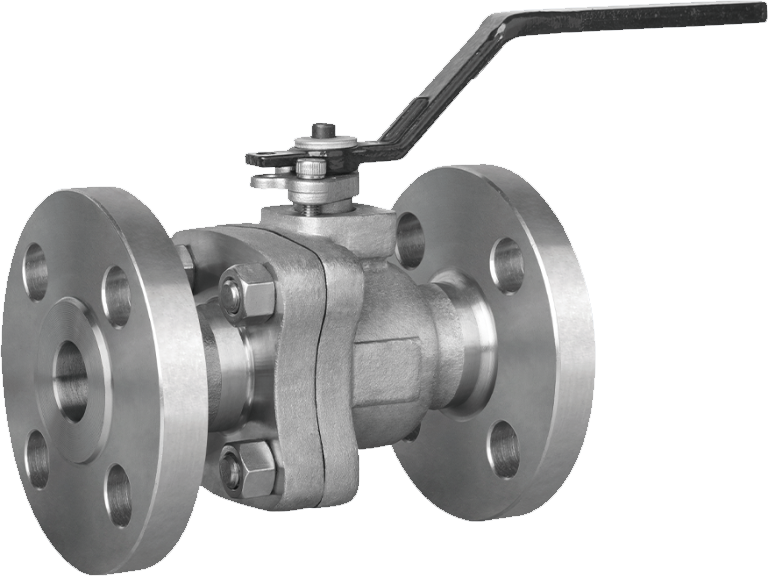
ISO 15848-1 Type Test Report at 400°C
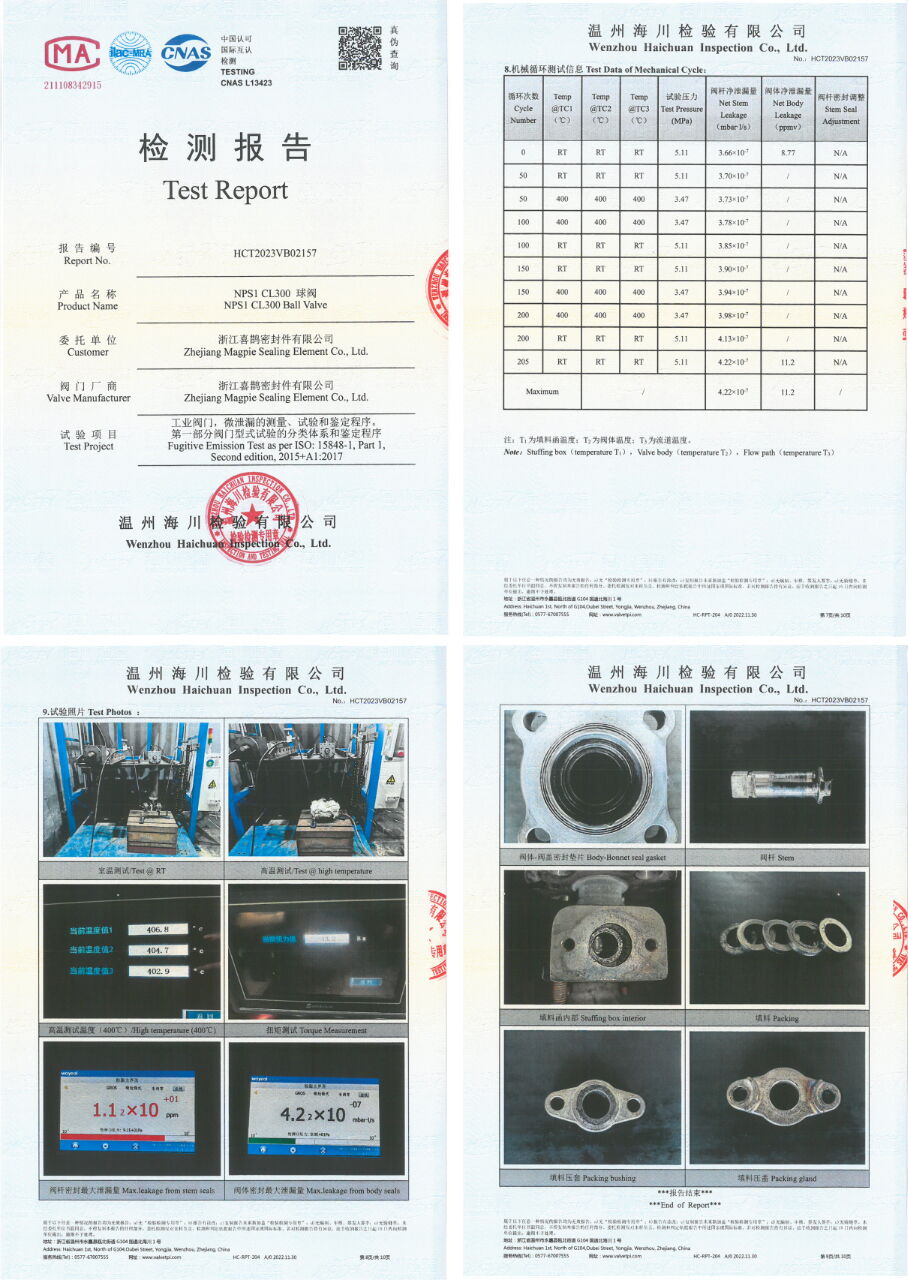
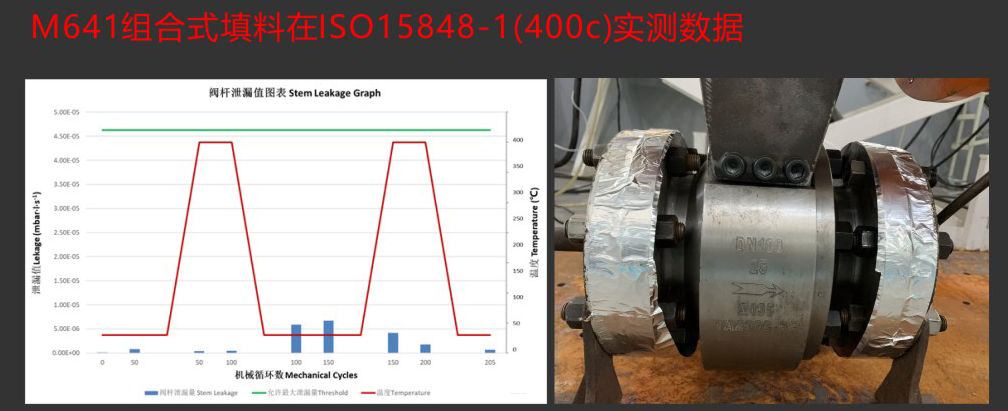
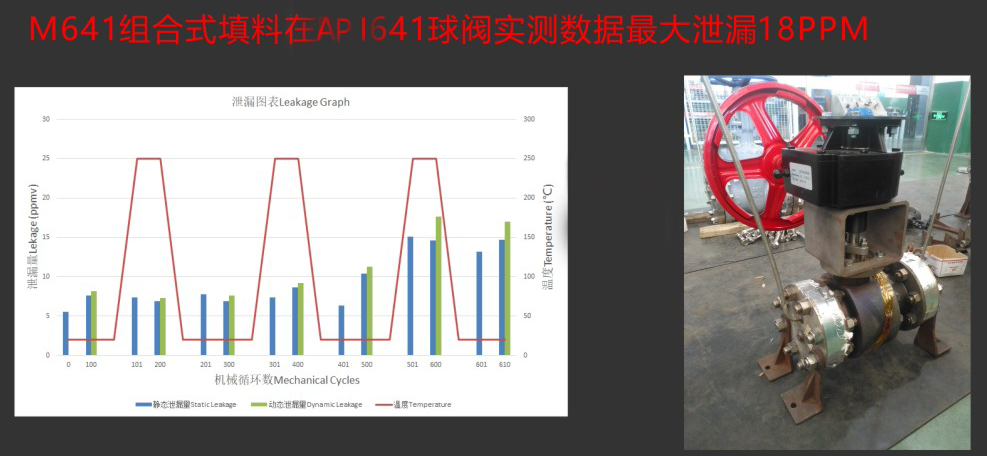
Similar Products
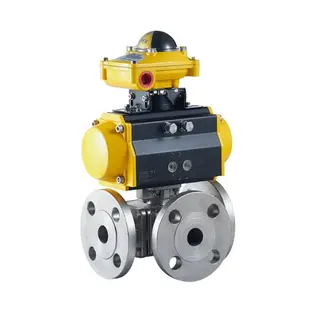
Pneumatic Actuated 3-Way Ball Valve, 1/2-8 Inch, 150/300 LB
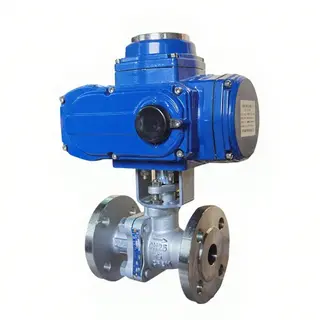
Electric Actuated Ball Valve, ASME B16.34, CF8M, DN25, PN16
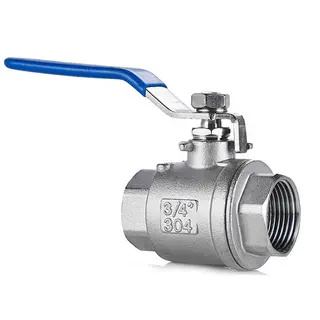
Stainless Steel 2-Piece Ball Valve, CF8M, 3/4 Inch, 1000 WOG
